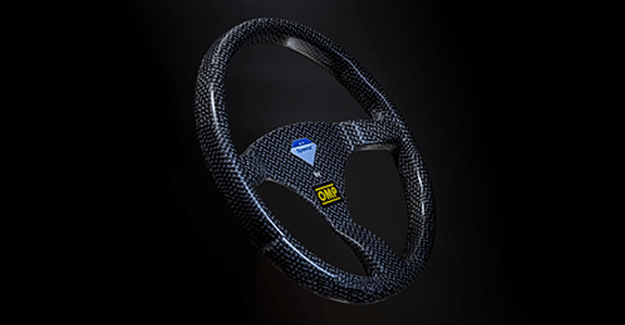DSM Showcases A Wide Range Of Innovative Composite Solutions At JEC World
DSM Showcases A Wide Range Of Innovative Composite Solutions At JEC World

At JEC World in Paris, from March 14-16, DSM showcased its growing portfolio of high performance composites including Dyneema® Carbon and Dyneema® flexible composites, along with a range of thermoplastic unidirectional (UD) tapes, and Somos 3D printing materials.
DSM - the developer and producer of Dyneema® ultrahigh-molecular-weight polyethylene (UHMwPE) fibre - has found a way to leverage the fibre's extraordinary properties in diversely different end uses. Combining Dyneema® with carbon fibre yields a hybrid, thermoset resin-based composite called Dyneema® Carbon. The resulting material significantly improves the performance of pure carbon composites in terms of weight, impact resistance, ductility and vibrational dampening.
At the other end of the spectrum, its Dyneema® flexible composites are taking strength and durability to new highs. These fabrics dramatically increase tear, puncture and abrasion performance compared with 500D nylon, while also cutting weight and reducing bulk.
"By collaborating closely with brand owners and partners up and down the supply chain, we are developing novel applications that make the most of all that Dyneema® fibre can offer in the form of both hybrid and flexible composites," says DSM Dyneema President Golnar Motahari Pour. "And the results are impressive." Marrying carbon with Dyneema® fibre can increase impact energy absorption by up to 100% while removing the risk of splintering, she noted. As part of a hybrid composite, Dyneema® can bring its lightweight strength to products currently using pure - from golf clubs and field hockey sticks to racing bike frames and steering wheels. DSM is working with Toyota Motor Sports, for example, and evaluating Dyneema® Carbon for wider use in racing cars. It already is being used in the OMP-brand racing steering wheel. OMP says that using Dyneema® Carbon hybrid composite has helped them to achieve a superior balance in stiffness and impact resistance, resulting in improved driver safety. As a fabric component, meanwhile, Dyneema® flexible composites are becoming increasingly popular in high-performance sports apparel and athletic sportswear, such as outdoor jackets and compact, waterproof, roll-top backpacks. These materials can be tailored and optimised for strength, stretch and weight, as well as for thickness overall and at specific points or along predetermined load paths. They have found use in an emergency outdoor jacket, for example, that is superlight (less than 80 grams total), as well as wind- and waterproof. It is ideal for hikers, cyclists and others to use as an easily packable jacket that can keep them warm and dry in emergency circumstances.
UD tapes offer lightweight strength
Also at JEC World, DSM will display its latest advances in unidirectional, continuous fibre-reinforced, thermoplastic tapes - products that help the automobile industry to address its growing need for lightweight design. The firm's broader strategy extends well beyond just supplying the product, to offering robust application and design support. As a result, DSM is forming business partnerships to make large-scale, lightweight, UD tape-based components with brand owners, leading suppliers and plastics converters. DSM's polyamide-based UD tapes with carbon or glass fibre longitudinal reinforcement are proving to be a viable, lightweight alternative to metal in several applications. UD tapes and tape-based sheets support structural and semi-structural components, as well as injection molded parts with localised UD tape reinforcement. Such tapes have fibre contents up to 65% by weight and widths from 6 to 800 mm.
In one current application, a demonstration vehicle door panel made from UD tapes developed within the European Union-sponsored ENLIGHT project shows the extreme lightweighting possible with such materials. Tapes provided by DSM in carbon fibre-reinforced EcoPaXX®, as well as fabric sheets woven from the tape, were thermoformed and glued to make the panel, which is 60% lighter than state-of-the-art, steel-based designs, while still fulfilling safety requirements. The full composite door consists of structural panels and a tape-wound side impact beam over an extruded permanent mandrel.
Finally, DSM offers a broad series of products in its Somos® 3D print material portfolio for use with the stereolithography 3D printing process.



 textileexcellence
textileexcellence 







